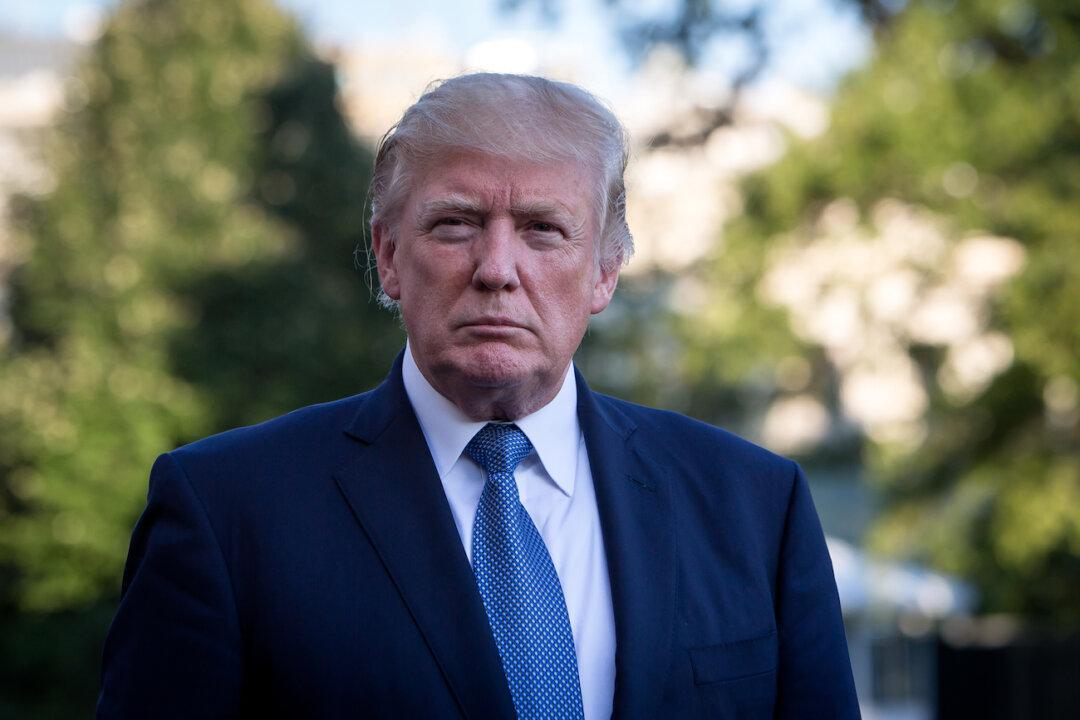Former President Donald Trump issued a lengthy statement following The Washington Post’s correction of a false quote it published in January that claimed he had told Georgia’s top elections investigator in a phone call to “find the fraud.”
Trump in a statement to news outlets said he appreciates the correction but would “further appreciate a strong investigation” into allegations of election fraud in Georgia’s Fulton County, as well as an investigation into what he called the “Stacey Abrams political machine.”




